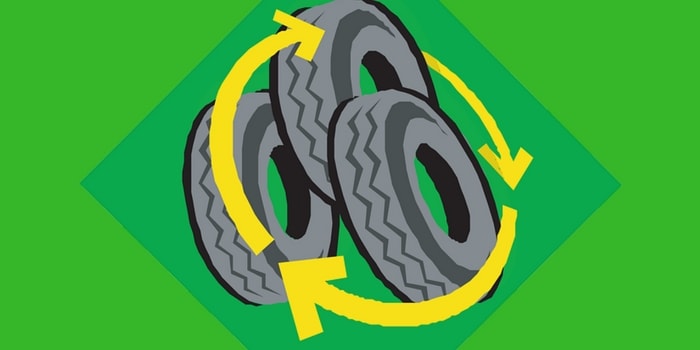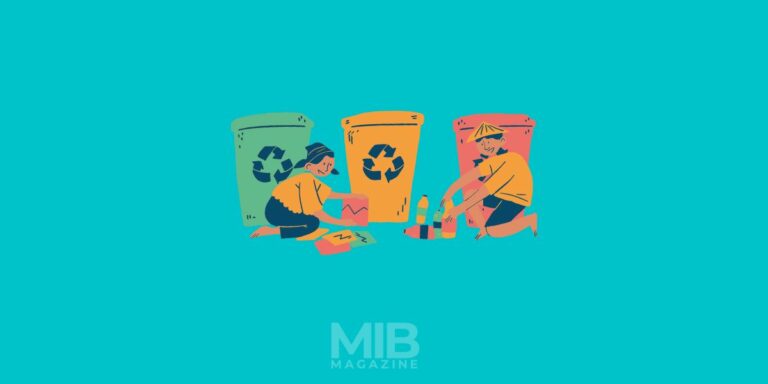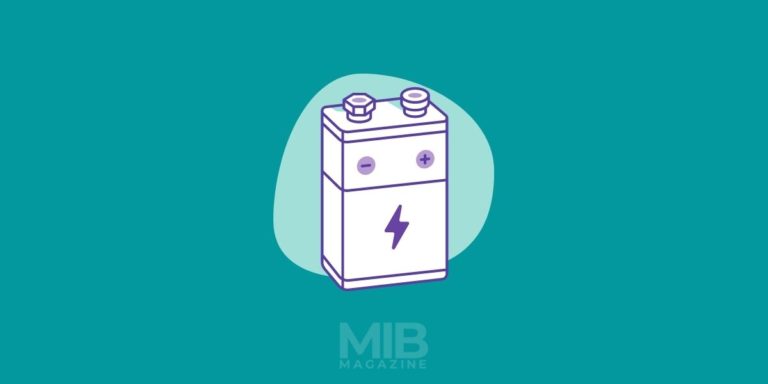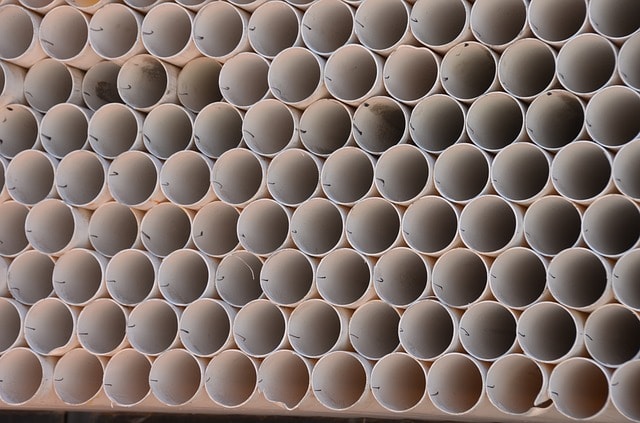Glass Recycling Business Overview & Business Plan
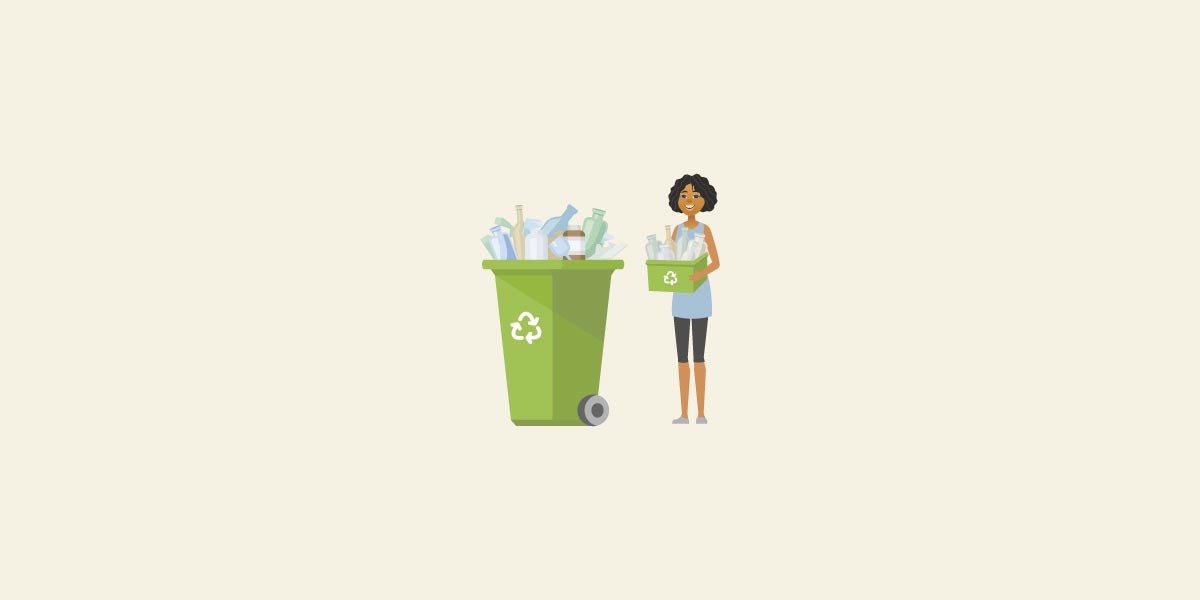
Glass recycling is known to be a well-known form of recycling. The world has seen a considerable increase in the glass recycling business in the recent past. As glass is a waste that does not degrade in nature, it becomes important that you reuse or recycle it. Glass recycling is a vast and profitable business as there are ample uses of recycled glass.
Solid wastes comprise a 17 billion USD market, and it is expected to increase to 1/3rd its present size in the next 3-4 years. If you are planning to venture into glass recycling as a business, you need to understand the process, raw materials, types of machinery in use and the like, to start making money.
Understanding the steps of glass recycling
There are a few simple steps to be followed in terms of glass recycling, and these are mentioned below:
Step 1: Collection of Glass
In the glass recycling process, you can simply start a business in the collection of glass. Here you simply collect the glass from various sources and deliver it to a recycling unit at a price. You can either collect it directly or resort to the solid waste division of the municipality of the city. Generally, the wastes are segregated as recyclable waste and non-recyclable waste when they obtain from the household. From there, these wastes go to the Materials Recovery Facility where it is sorted into different recyclable categories.
As a business venture, you can approach these MRF facilities and place your price on the glass materials sorted by them. Post-purchase, you need to approach the recycling unit to sell the glass to them at a higher price, keeping your profit margins.
Step 2: Transport the Glass
Now, if you have procured the used glass materials, you will need to transport them to the manufacturing or recycling facilities for further processing. If you do not wish to go on directly as a glass recycling business, you can start a transportation business for the glass industry where you transport the glass materials to the manufacturer or recycling unit from the Materials Recovery Facility. Glass being a sharp object requires special attention while transportation.
Step 3: The Recycling Process
If you plan to open a glass recycling unit, you need to understand the following methods and get the machinery ready accordingly. To begin with the process, glass is broken down and crushed into a cullet. Cullet can be melted easily compared to new glass, saving a lot of energy in the process.
Recycling glass helps to reduce pollution by reducing the consumption of energy in the process as well as reduces the use of raw materials. Money is also saved as the cullet burns faster and causes less pollution. There is a huge advancement in the technology used in the glass recycling sector.
Uses of recycled glass
The multiple uses of recycled glass are as follows:
- They are sent to the glass manufacturing units where they are moulded into new glass containers.
- They are used in the construction of roads.
- Used in French drains and storm drains as filler aggregates.
- They are used in the fibreglass industry.
- They are used in the paint industry for making reflective paints.
- Recycled glass is used to make abrasives.
- It is used for making various building materials.
- One can make use of recycled glass in making the countertops.
- Benefits of glass recycling
The glass recycling business is not just a profitable business when it comes to money. It is also quite beneficial for the environment.
Some of the benefits of recycling glass and why you should opt for such a business are as follows:
- Crushed recycled glass has a lower melting point than normal, and this helps to save energy when it comes to preparing new glass from the used materials.
- Raw materials are saved as recycled glass is being used in its place for preparing various glass materials.
- Resources are saved as the glass manufacturing industry makes use of recycled glass for its purpose.
- Pollution can be reduced by a reduction in the toxic waste content.
- Landfills can be cleared in time as less amount of waste goes to the landfill from the garbage collection of the household.
Along with all these, glass recycling also makes a good amount of profit.
Things to know for starting a glass recycling business
There are some basic things that you need to understand before you start a glass recycling business. They are:
- Glasses are of different types and each one of them has a different utility.
- Glasses when crushed from cullet which has a lower combustion point.
- Glass recycling is a capital intensive business that gives profitable returns over a period.
- Recycled glass is generally free of contamination.
- You can venture into the different aspects of the glass recycling business and make maximum profit out of it.
- Glass can be recycled time and again without the loss of its purity.
If you can make the initial investment to set up the glass recycling unit, it can turn out to give profitable returns in time. You can pitch in for any one of the steps of recycling or all the stages as a complete recycling unit. Training of the workers and staff to get the work done is also essential.
As a startup business, you can either train the professionals in the process after hiring them or hire professionals who already know the art of glass recycling. Prepare a team that knows what they are expected to do, where each out is accountable for particular sections of the running business.
Even though a capital intensive business venture, glass recycling is not just an environmentally friendly business. It is a business that can fetch high turnovers quickly once the basic setup is done. Understanding the nitty-gritty of the business before you delve deep into it can prove to be a better idea in generating revenue faster.
FAQs
Glass recycling is the process of turning old glass into new usable materials. This process involves collecting, sorting, and melting down the unwanted glass and creating new items such as bottles and jars.
Most types of glass can be recycled, such as clear, brown, and green glass. However, some other types of glass such as Pyrex and ceramics may not be accepted by some recycling centers.
You can recycle glass at any local glass recycling center or municipal recycling facility. Many supermarkets and local businesses also have glass recycling bins.
The cost of glass recycling varies depending on your location and the type of glass being recycled. Generally, glass recycling is the same cost or slightly cheaper than the regular cost of waste collection.
Yes, glass recycling can be profitable for small businesses. The revenue generated by selling recycled glass material can offset the cost of collecting and processing the glass.
Glass bottles are typically sorted, crushed, and heated to separate the glass from any remaining labels or caps. The recycled glass is then cooled and sent to a furnace where it is melted into new shaped products.
Recycled glass can be used to make new bottles, jars, cups, mugs, and other products. It’s also used to create new glass windows, tiles, and decorative art pieces.
Yes, recycled glass should be handled with caution to avoid any potential health hazards. When sorting glass, it’s important to wear safety goggles and protective clothing to avoid cuts and abrasions.
No, recycling glass helps reduce the amount of waste sent to landfills, reducing greenhouse gas emissions and helping to conserve limited natural resources.
A glass recycling business requires special equipment for sorting, crushing, and melting glass. The equipment needed includes industrial crushers, conveyor belts, furnaces, and glass melting tanks.

